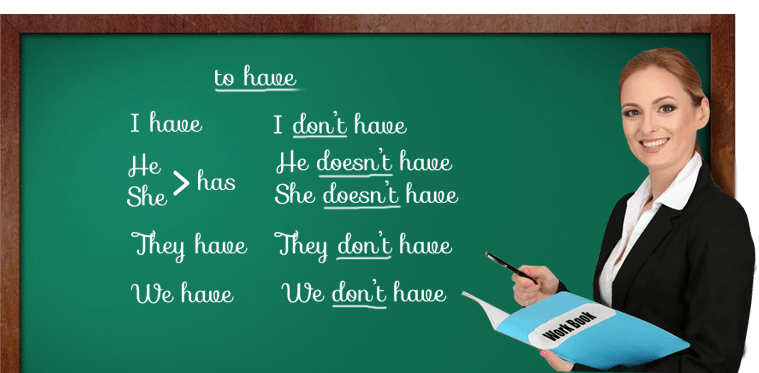
Adjective clauses are very useful in both speaking and
writing, but you should be careful with them. We've
already seen two errors that are common when using
adjective clauses. Here are two more:
1. Don't use personal pronouns and relative
pronouns to refer to the same word.
Relative pronouns are used to make a connection to
a noun phrase. The main noun in the noun phrase
can be a subject, object, or possessive and it can be
replaced by a subject, object, or possessive pronoun.
There are also subject, object, and possessive forms
for relative pronouns. Don't connect to the main
noun twice by using both personal pronouns and
relative pronouns.
Examples
Bob is the person *who he was talking to me
at the baseball game. (wrong)
Bob is the person who was talking to me
at the baseball game. (right)
Bob is the person *who(m) I was talking to him
at the baseball game. (wrong)
Bob is the person who(m) I was talking to
at the baseball game. (right)
Bob is the person to whom I was talking
at the baseball game. (right--formal)
Bob is the person *who his brother was pitching
in the second inning. (wrong)
Bob is the person whose brother was pitching
in the second inning. (right)
________________________________________
2. Do not confuse whose with who's or with
who he/she is.
Whose is a possessive relative pronoun. Who's
or who he/she is may have similar sounds, but
they have very different grammar and meanings.
Examples
Judy is the one *who her car was stolen
last night. (wrong)
Judy is the one *who's car was stolen
last night. (wrong)
Judy is the one whose car was stolen
last night. (right)
No, I don't know anyone *who his name
is Jack Spencer. (wrong)
No, I don't know anyone *who's name
is Jack Spencer. (wrong)
No, I don't know anyone whose name
is Jack Spencer. (right)

0
1028